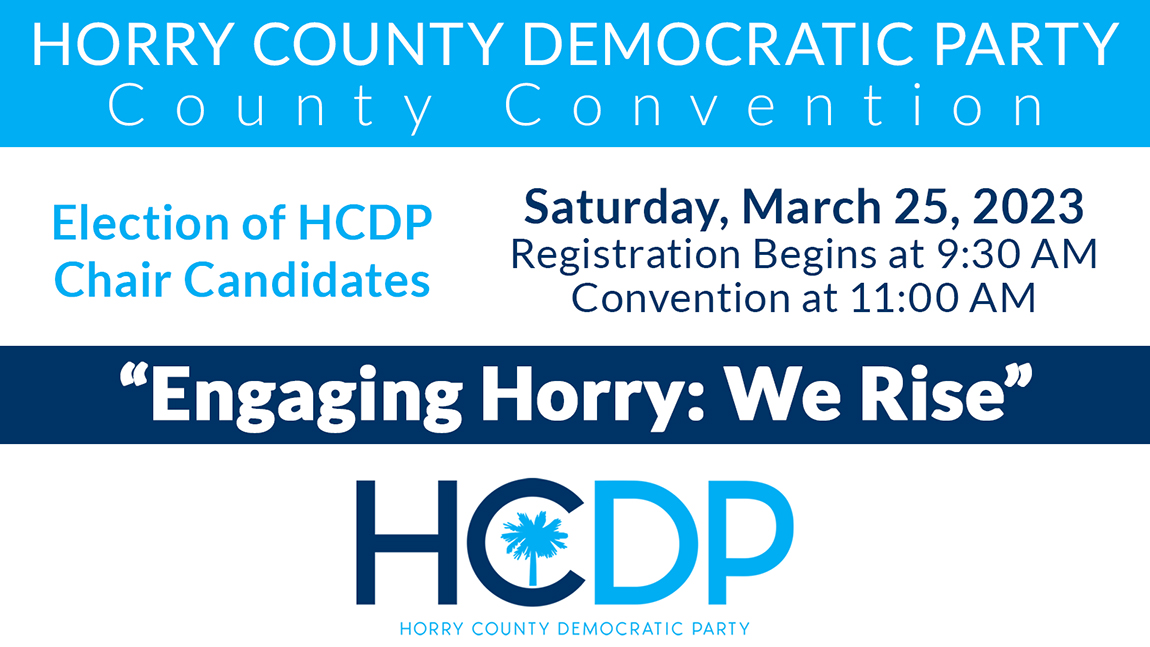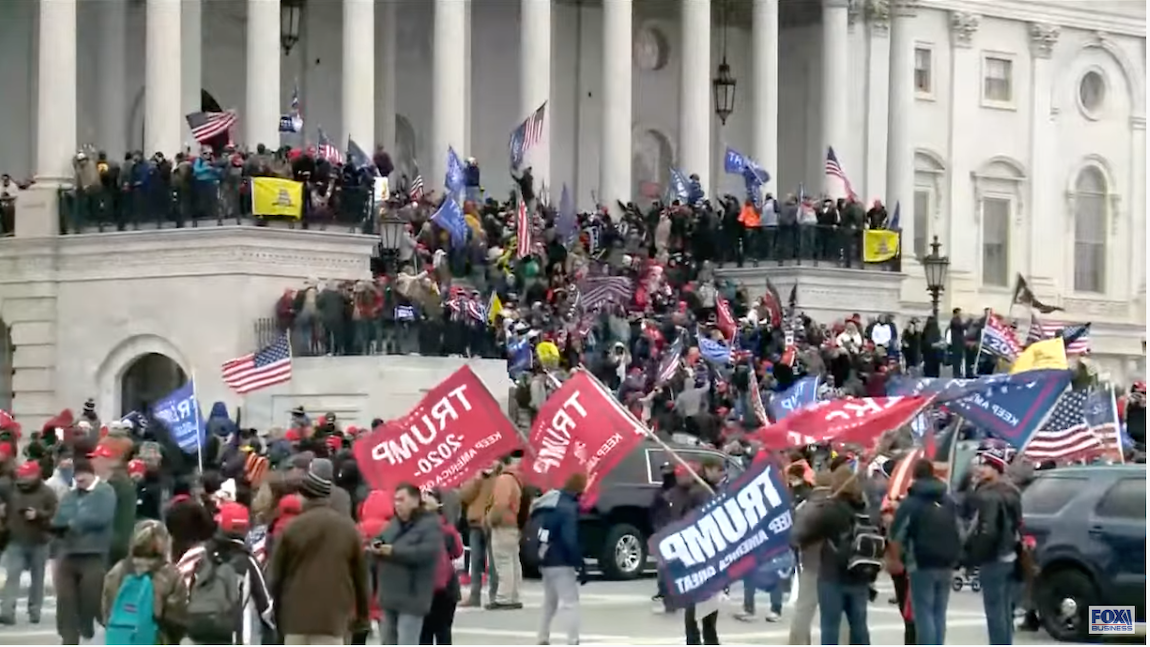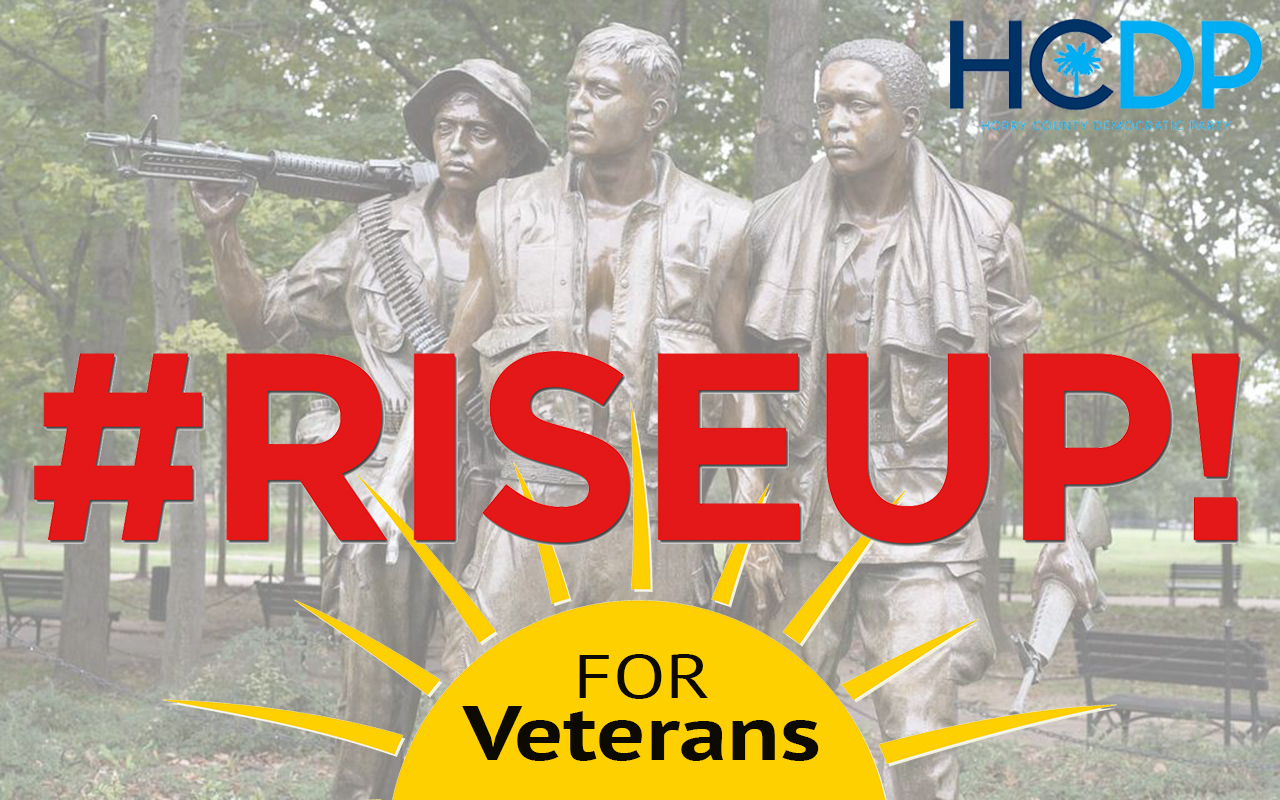By Steven Hamelman
At a time in which we’re pummeled daily by narratives of—to name a few—impeachment, bloodshed in the Middle East, apocalyptic fires in Australia, and opioid addiction throughout the land, it’s understandable that most of us would wish to keep similar tales of disaster at bay.
But we cannot—and more to the point should not—close our ears and shut our eyes when it comes to perhaps the most abhorrent disaster of all: the trafficking of human beings for evil ends in seemingly every nation on earth.
From Afghanistan and Albania to Zambia and Zimbabwe, no country is left untouched—in some cases deeply tainted—by human predators seeking to lure vulnerable or innocent people into their clutches.
Wikipedia’s simple definition of this atrocity belies its almost inconceivable reach into every corner of the globe: “Human trafficking is the trade of humans for the purpose of forced labor, sexual slavery, or commercial sexual exploitation for the trafficker or others.”
Impoverished young women in rural villages dreaming of a better life in the city, refugees, runaways, orphaned children, migrant workers, the homeless . . . all such people are open season to criminal networks engaged in recruiting, transporting, selling, and coercing their prey into the vile sex trade or brutal labor conditions.
These criminals do it for one reason only: their own financial gain.
For it is profit that drives a global black market in which millions are forced annually into sexual, agricultural, and industrial bondage from which it is almost impossible to escape.
A Brief History of NSHTP Month
Here in the United States we acknowledge this terrible truth by observing National Slavery and Human Trafficking Prevention Month.
The first observance was announced in January 2010 by President Barack Obama, who saw the need to publicize a problem which the United States tackled in 2000 with the Trafficking Victims Protection Act and subsequent legislation.
Obama’s intention to increase public awareness of human trafficking in the United States and overseas is one Obama-era rule that the Trump administration has, fortunately, not revoked.
Here, at last, is one pressing issue on which Democrats and Republicans agree.
In June 2019, the government released the 527-page “Trafficking in Persons Report” (TIP) with an inspiring foreword by Secretary of State Mike Pompeo, who lamented “how depraved this assault on human dignity really is.”
In December 31, 2019, President Trump both echoed Pompeo’s message and upheld Obama’s precedent by again declaring January National Slavery and Human Trafficking Prevention Month. In this declaration he highlighted current funding initiatives toward solving this domestic and international tragedy.
Staggering Statistics
The data, published by agencies such as the United States Department of Defense and the United Nations Office on Drugs and Crime, show at a glance the staggering impact of human trafficking.
Globally, an estimated twenty-five million victims.
Twenty million of them, all ages, compelled to labor in unspeakable conditions.
Profit for their oppressors? Fifty billion dollars.
Five million of them subject to rape, prostitution, sham marriages, and all other forms of sexual exploitation.
Profit for their captors? One hundred billion dollars.
And somewhat surprisingly, seventy-seven percent of victims are trafficked within their own countries. Almost every state in the U.S. is affected, including South Carolina.
In other words, predators look, dress, and speak just like their targets. They are not for the most part foreign agents. No, the bad guys might as well be next-door neighbors who happen to be indifferent to the suffering of their fellow citizens.
What Can/Must I/We Do?
There’s no easy answer when confronting a problem of this scale and scope. So overwhelming are the numbers, and so disturbing the details of the crimes, that individuals, feeling powerless, may simply shut down.
But awareness is a big first step in the right direction.
Within our own communities, we must be alert, vigilant, mindful. We must teach our children and our children’s friends to be wary of potential predators. We must share our concerns with church members and school officials.
We must care.
And to further our understanding of these crimes against humanity, we can read the nearly five hundred pages of national profiles in the TIP, beginning with the United States, which for two decades has been working to thwart trafficking within and around our borders.
Nonetheless, according to the report, in 2018 “The U.S. government’s protection efforts were mixed.”
We Americans, though making strides, still have a long way to go.
Let’s press on by supporting all non-partisan attempts to eradicate this blight from our own nation and the rest of the world too.
Begin today by becoming an advocate for National Slavery and Human Trafficking Prevention.
Let each of us do whatever we can to end this disgraceful and destructive crime against humanity.
Take a Stand for Humanity.
If you suspect anyone of human trafficking or know anyone who might be a victim, please call the National Human Trafficking Hotline at 1-888-373-7888 or report a tip on their website at www.humantraffickinghotline.org.






